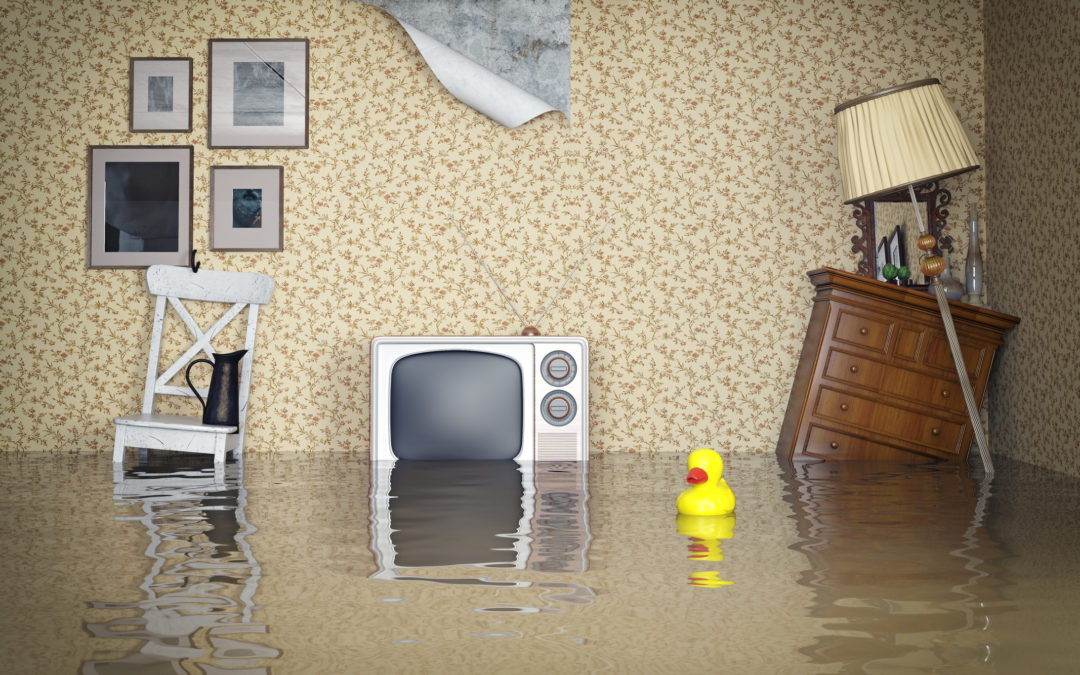|
The weekend of wild weather in parts of New Zealand has been an eye-opener for many landlords and property managers.
Tenants and residents in the outer Auckland areas were forced to evacuate their flats and houses after gushes of water flowed through their properties. So, what is the correct protocol for property managers and landlords when rented properties become uninhabitable? Section 59 of the Residential Tenancies Act (RTA) applies when the premises are uninhabitable by reason of a natural event which has not been caused or contributed to by the landlord. “Properties can become uninhabitable when flooding goes through a dwelling,” tenancy.co.nz legal expert Scotney Williams said. “It is more than just water damage, which itself can be substantial but in most cases in flooding, the storm water can mix with sewage effluent and this toxic mixture adversely affects the ability to safely live in the dwelling. “Lack of electricity on its own will not automatically give rise to uninhabitability. “When the catastrophic event occurs, the dwelling must be cleansed to ensure that it is not just dry again but safe to live in.” In these circumstances, the rent abates to zero and the landlord, in accordance with Section 59-2 of the RTA, is liable for the cost of housing the tenant in alternative accommodation for up to seven days. “The protocol under the RTA is that when a dwelling is considered uninhabitable the tenant can give two days’ notice or the landlord seven days’ notice to terminate the tenancy agreement. “When the landlord gives seven days’ notice then the landlord has the legal obligation to house the tenant for the seven days of the notice. “The landlord should be able to recover some of the accommodation cost implicit in this seven-day period in which the tenancy continues albeit at a different location and in reduced circumstances.” Tenants belongings are a different story. “Where a catastrophic event occurs the tenant’s, personal effects are at their risk. The landlord has no obligation to assist the tenants with their loss. “This is the best example need for tenant insurance.” Source: by TPS-admin | 14 Mar 2017 | Health & Safety, Landlord, Property Manager, Tenant
0 Comments
Your comment will be posted after it is approved.
Leave a Reply. |
Archives
July 2017
Categories |

 RSS Feed
RSS Feed